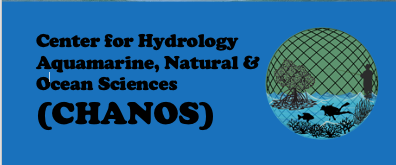The Pangasinan State University has long been recognized as a hub of academic excellence, but it’s the establishment of the Center for Hydrology, Aquamarine, Natural and Ocean Sciences (CHANOS) at its Binmaley Campus that has set a new benchmark for research and development in the region. Born out of a lineage of research centers, CHANOS, which evolved from the Aquatic and Marine Research and Development Center (AMRDC), stands as a vanguard for aquatic science, particularly in the nurturing and sustainable development of fisheries.
With the region’s iconic bangus (milkfish) industry at its heart, CHANOS was initially recognized through RDC-1 Resolution No. 19 as a regional center for research and development with a vision to sustain and enhance bangus productivity. Yet, this center was never meant to remain static. As its scope expanded, its name evolved to encompass a broader mission, culminating in its current incarnation, which was crystallized through BOR No. 124, s.2018.
At CHANOS, research resonates like a symphony of sciences, each note echoing the center’s dedication to harmonizing aquaculture, capture fisheries, post-harvest technologies, and the intricate study of aquatic resources and ecology. This comprehensive approach cultivates a thriving environment where the rich tapestry of aquatic life and the fisheries industry can prosper sustainably. The center’s objectives are as deep and varied as the waters they explore—ranging from refining the cultural management practices of local species to pioneering the development of low-cost aquaculture feeds and organic pesticides. CHANOS’s projects reflect the complexity and diversity of the ecosystems under its care. The scope of its endeavors extends to the astute management of the NIPA and salt industry, the meticulous hatchery production of mud crab, and ventures into the high-tech realm of coral transplantation, all designed to maintain the delicate balance of aquatic resources and the ecological systems they support.
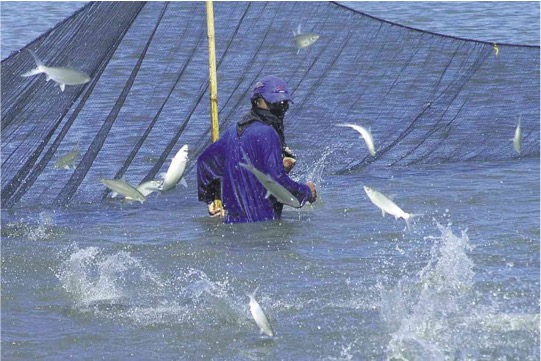
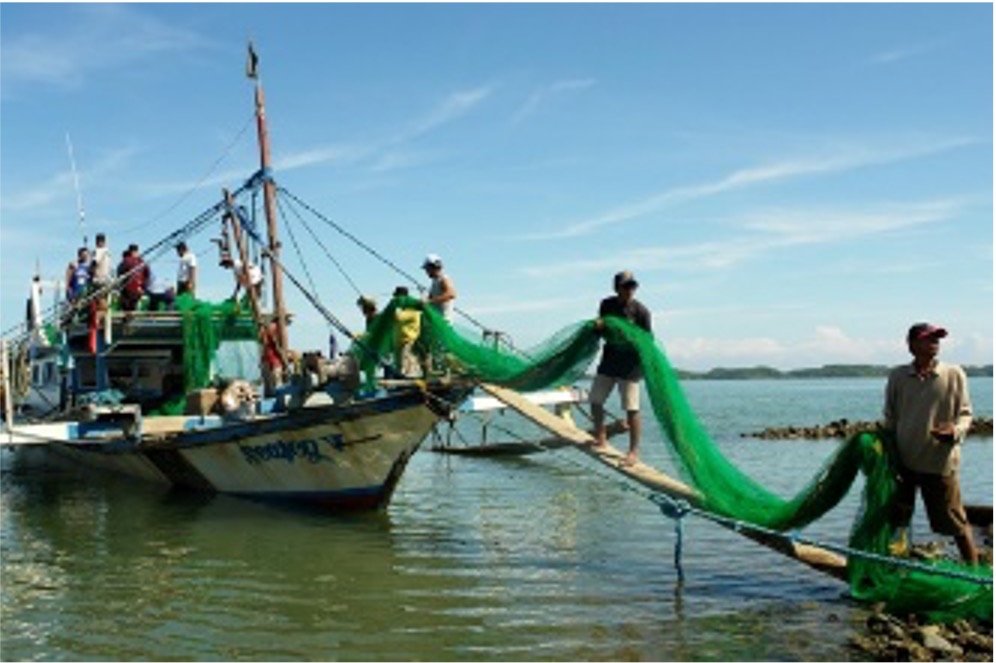
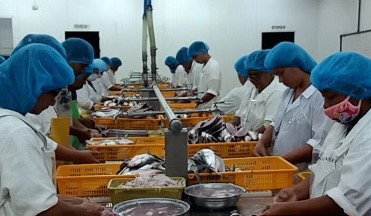
The commitment to community is at the forefront of CHANOS’ ethos. Its doors open to share knowledge and technology, with an extension service that reaches out to the locals, imparting wisdom for the community’s development. The center’s contribution is tangible in the array of products and services it offers, such as marketable and quality tilapia, various bangus products, and organic liquid fertilizers. Each product is a testament to the center’s pursuit of innovation and quality.
The laboratory facilities at CHANOS are where science meets the future. Here, in the Fisheries Science Laboratory, water and soil are analyzed, plankton is scrutinized, and fish health is diagnosed. The Aquaculture Laboratory buzzes with the potential of ornamental fish culture, while the Capture Laboratory becomes a ground for constructing fishing gear. The Fish Processing Laboratory is a hub of creativity, transforming simple fish into culinary delights. And at the Tilapia Hatchery Farm, the life cycle of the university’s aquatic research comes full circle, producing the fry that will stock ponds and the marketable tilapia that will grace tables.
Its mission is multifaceted, targeting the intricate layers of fisheries sectors to advance both knowledge and practice in Aquaculture, Capture Fisheries, and Post-Harvest Fisheries, as well as in aquatic resources and ecology.
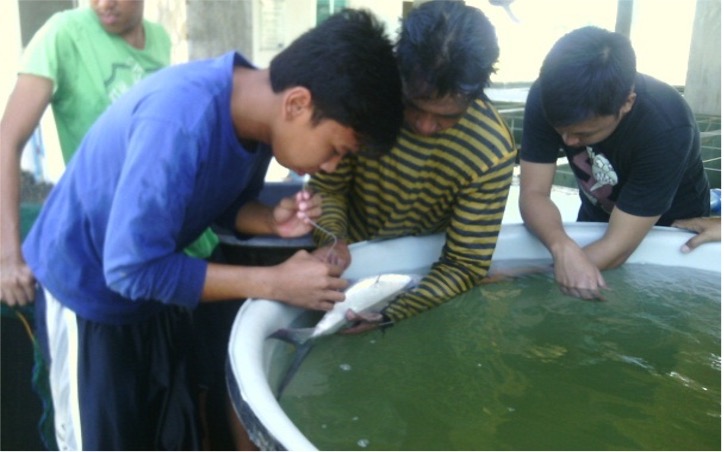
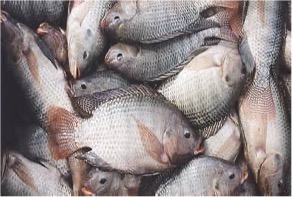
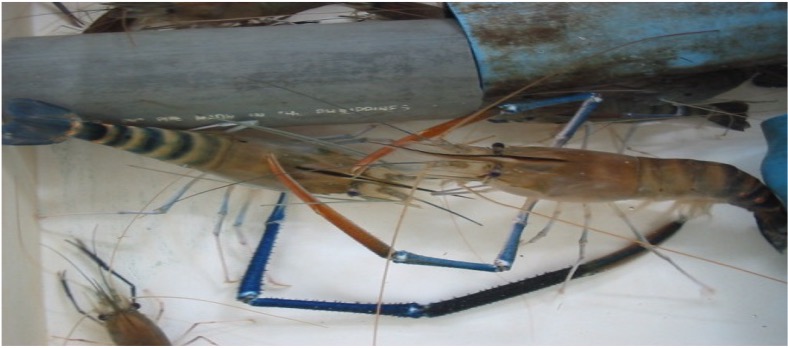
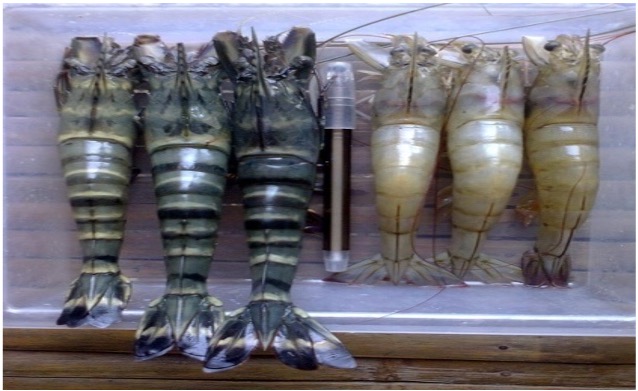
Firstly, CHANOS is dedicated to fostering an environment of rigorous scientific research, serving as the coordinating nucleus for studies across the diverse spectrum of fisheries. The center’s work in Aquaculture focuses on an array of finfishes, from the region’s staple milkfish and tilapia to valuable species like groupers and seabass, and extends to vital marine invertebrates such as sea cucumbers and mussels. By understanding and innovating the cultivation of these species, CHANOS ensures the region’s aquaculture remains relevant and progressive.
In the sector of Capture Fisheries, CHANOS works tirelessly to empower marginal fisheries. Here, the center’s research is pivotal, guiding the wise and sustainable exploitation of municipal and commercial water resources, thus securing the livelihoods of local communities and maintaining ecological balance.
The post-harvest segment is where CHANOS really shines, engaging in research that revolutionizes the fish processing industry of the region. By developing cutting-edge post-harvest technologies, CHANOS not only enhances the quality and safety of seafood products but also contributes to the economic vitality of the fisheries sector.
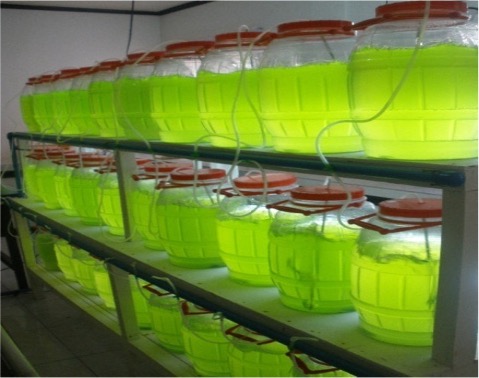
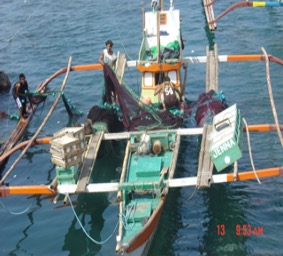
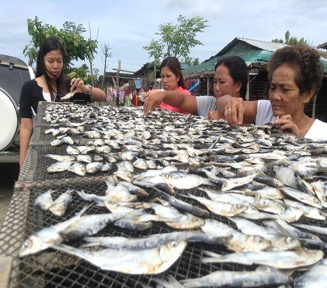
Lastly, CHANOS’ role transcends the boundaries of research. It is a community beacon, extending development and extension services that translate scientific findings into practical, community-based solutions. This symbiotic relationship between CHANOS and the community ensures that the center’s innovations are not confined to academic papers but are instead woven into the fabric of everyday life, enhancing the livelihoods of those who depend on the aquatic bounty of Pangasinan.
The center’s functions are a testament to its pivotal role in not just preserving but also enriching the aquatic tapestry of the region, ensuring that both the community and the aquatic ecosystems thrive in harmony.
CHANOS stands as a beacon of research and innovation, with its pulse beating in time with the community’s needs and the environment’s rhythm. It’s more than a center; it’s a living entity, constantly evolving and growing, much like the aquatic life it cherishes and nurtures.
